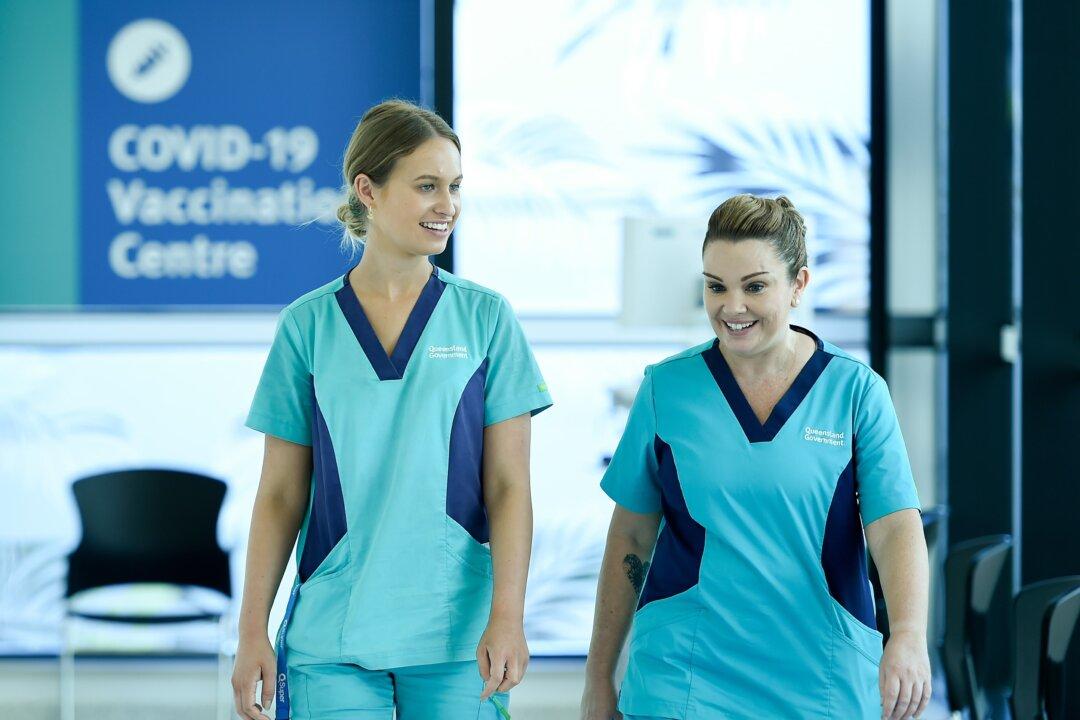The federal government has launched a nationwide advertising campaign to urge more Australians to take up tuition-free training programs for jobs in high-demand sectors, such as construction, child care, and culinary arts.
The Albanese government said that it is funding an additional 300,000 technical and further education (TAFE) and vocational education and training (VET) scholarships from January 2024 after witnessing 215,000 Australians enrolling to study in the first six months of Fee-Free TAFE, exceeding the target of 180,000 enrollees in the first year.




